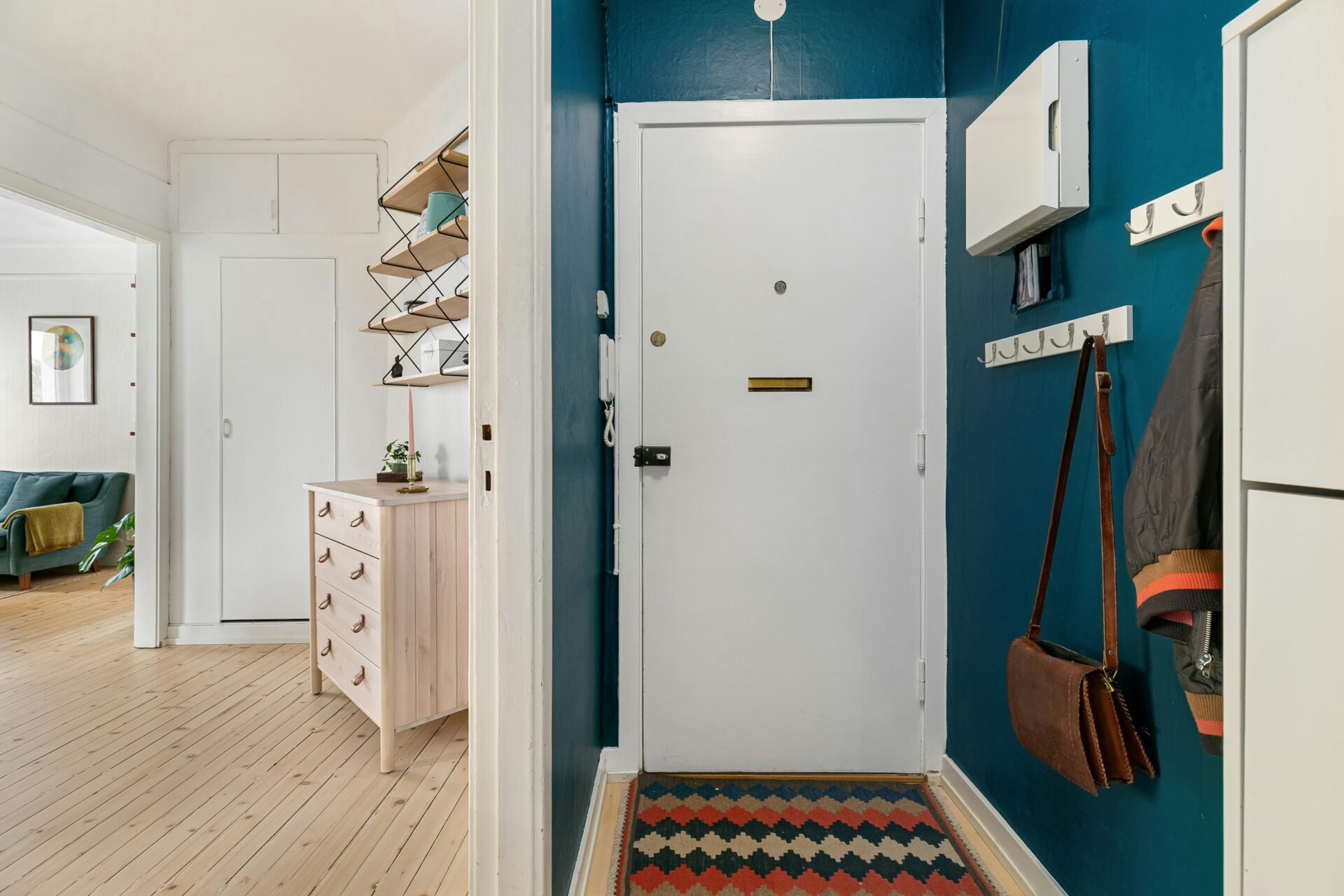As any host knows, it’s essential to protect your property. While the majority of stays go off without a hitch, it’s almost inevitable for there to be that “one” experience that isn’t so pleasant. That’s where hosts should have a strong understanding of Vrbo damage deposits. This post will cover everything you need to know about Vrbo damage deposits and how platforms like Host Tools can simplify running your business.
Host Tools provides an automated, unified calendar for short-term rental hosts, allowing you to seamlessly list on all major channels. Start your free trial today!
What is a Vrbo damage deposit?
Basically, a Vrbo damage deposit is money you collect from guests in advance of their stay to cover any potential damage they cause. This is a way to ensure you have money on hand in advance to resolve an issue quickly, rather than trying to track them down or involve Vrbo’s support team to get payment for their damage. It’s essentially a safety deposit you would pay at any standard hotel. Vrbo allows hosts to set a flexible damage deposit to best meet the needs of their rental.
Implementing a Vrbo damage deposit
When it comes to handling the Vrbo damage deposit, there are three important items you need to consider:
1. Consider a refundable damage deposit
Using a refundable Vrbo damage deposit is the simplest way to handle these items. With this option, guests pay a fixed deposit when they book the reservation. Once they check out and the property has been inspected for damages, the funds are released back to them in full. When guests pay a deposit, they naturally have a stronger investment in keeping the property in good condition.
2. Put a card on file
Require a card to keep on file for your Vrbo damage deposit. Do this at booking to ensure this item is taken care of from the get-go. This ensures you’re not trying to track down guests for damages after they’ve already checked out.
3. Think about Vrbo’s property damage protection option
Vrbo offers optional property damage protection that guests can choose to opt-in on. You can select a certain “insurance’ level for them to choose from, and they’ll pay a refundable deposit for the protection. It’s very similar to a standard Vrbo damage deposit.
How to set up a damage deposit on Vrbo
Getting your Vrbo damage deposit set up is easy. Follow the steps below:
- Log in to your Vrbo account
- Select the property you want to set up a damage deposit for in your Listing Settings
- Select Settings, and choose Damage protection.
- Choose either Property damage protection or Damage deposit.
- For Property damage protection, choose a coverage amount to offer your guests.
- For Damage deposit, enter the amount you require.
- Save.
How Host Tools can help
It’s obvious that there are a lot of ins and outs to this business. One way you can make things easier on yourself is to invest in Host Tools. This platform allows you to automate many of the daily chores of running a short-term rental. From automated messages to cleaner management and building a direct booking site, you’ll spend less time than ever bogged down in tedious management tasks.
Final thoughts
Whether you choose a refundable Vrbo damage deposit or just rely on short-term rental insurance, it’s important to have a plan in place. Being proactive will prevent you from having to cancel upcoming stays to deal with a damage issue. Ultimately, being a good host means being prepared.
Host Tools provides an automated, unified calendar for short-term rental hosts, allowing you to seamlessly list on all major channels. Start your free trial today!






